Podcast: Play in new window | Download
Subscribe: RSS
Tina Powell is the CEO of C-Suite Social Media, a digital marketing consultancy for the financial services industry. With over 20 years of work in hands-on digital marketing campaign and strategy, Tina’s extensive experience has kept her on the cutting edge of marketing and social media.
Takeaway Quote:
“Don’t try to be this omni-channel superhero marketer and have content all over the place.”
Show Timeline:
2:22 Tina explains why ‘Everything is brand’
4:20 Tips for increasing your brand awareness
9:39 The importance of a brand audit
13:30 How to create an effective website to engage clients
22:18 Tina’s overall strategy on content marketing
25:55 Determining what content to share with clients
29:40 Created vs. Produced vs. Curated content
33:30 Enhancing the client journey through well-curated content
Links:
Website: https://csuitesocialmedia.com/
Facebook: https://www.facebook.com/csuitesocialmedia/
Twitter: https://twitter.com/tinacpowell
LinkedIn: https://www.linkedin.com/in/tinapowell/
Want more?
Stephen Wershing: www.TheClientDrivenPractice.com/checklistblog
Julie Littlechild: www.absoluteengagement.com/blog
Episode Transcript:
Steve Wershing:
Welcome to Becoming Referable, the podcast that shows you how to become the kind of advisor people can’t stop talking about. I’m Steve Wershing. Everything is brand. That’s the message of Tina Powell, CEO of C-Suite Social Media, and our guest on this episode of the podcast.
Everyone has a brand and whether you decide to or not, one will follow you around. It used to be that brand included your logo and what typeface you put on your letterhead, but now it encompasses everything about your business and how people talk about it, including what you say about it in public and what other people say.
In this episode we discuss the implications of having a current website and social media presence. We talk about the opportunities available in content marketing, and the four different kinds of media and how they can be combined and re purposed to get the most value out of every piece of content you produce, and of course we talk about your brand’s effect on referrals.
For example, if someone refers you and that person goes to look for your website and finds no website or finds an outdated one, they’ll simply move on to the next person and you will never have known that you missed the opportunity. Besides being a very successful marketing consultant, Tina is an active speaker, including on the TEDx stage. She serves on the TD Ameritrade presidential panel. She’s the faculty of the Advisor Thought Leader Summit and is a judge for both the T3 Technology Tools for Today Conference Student Competition and the wealthmanagement.com Industry Awards. A lot of really good ideas to help you understand whether or not you have your brand, web and social media presence current.
And so without any further delay, let’s get to our conversation with Tina Powell.
Julie Littlechild:
So, Tina, welcome to the Becoming Referable Podcast.
Steve Wershing:
Yes. Welcome, Tina.
Tina Powell:
Thank you. Thank you, Julie. Thank you, Steve. It’s truly an honor to be here. I’m really excited about today’s conversation, so thank you for having me.
Julie Littlechild:
No, as are we. I can’t even believe we haven’t had you on yet because we’ve known you for years and seeing the great work that you do. So I’m excited to get you to share some thoughts. And Tina, really wanted to start at kind of a high level because one of the things that I’ve heard you say is that everything is brand, right? There is a good sweeping statement for you. So maybe we can just start there. Can you tell us what you mean by that?
Tina Powell:
Sure. So the concept of brand is something that everyone is familiar with. Actually, it goes back to when the first consumer products were developed when people had to distinguish from one piece of soap to another. So brand is a concept that’s really fundamental to us being just people and humans.
Now, what’s different, how it has originated over the times and especially in a digital world, 2019 is that now brand is the totality of everything that we have online as well as offline. And I like to use the definition that David Ogilvy, the father of advertising, describes it as the intangible sum of product attributes, right? And the key word, Julie, there is intangible. So brand, then, right, it becomes these visible treatments of our typeface, our symbols. I know that absolute engagement has a very powerful brand, the colors that represent our brand, but it’s really at a fundamental, specially for financial advisors, how someone is picking up the phone, how you’re greeted when you’re in the office as well as the onboarding experience of when you become a client. All of that is brand.
Julie Littlechild:
Everything connects ultimately, I guess. So when it is such a big concept and given how important this is, then what do you think advisors can do to start thinking about their own? Because I would imagine, first of all, some would say, “Well I don’t really have a brand. Maybe I should start there,” because it sounds like you’re arguing like you have one, whether you know it or not, it’s just whether it’s intentional. Is that a fair point?

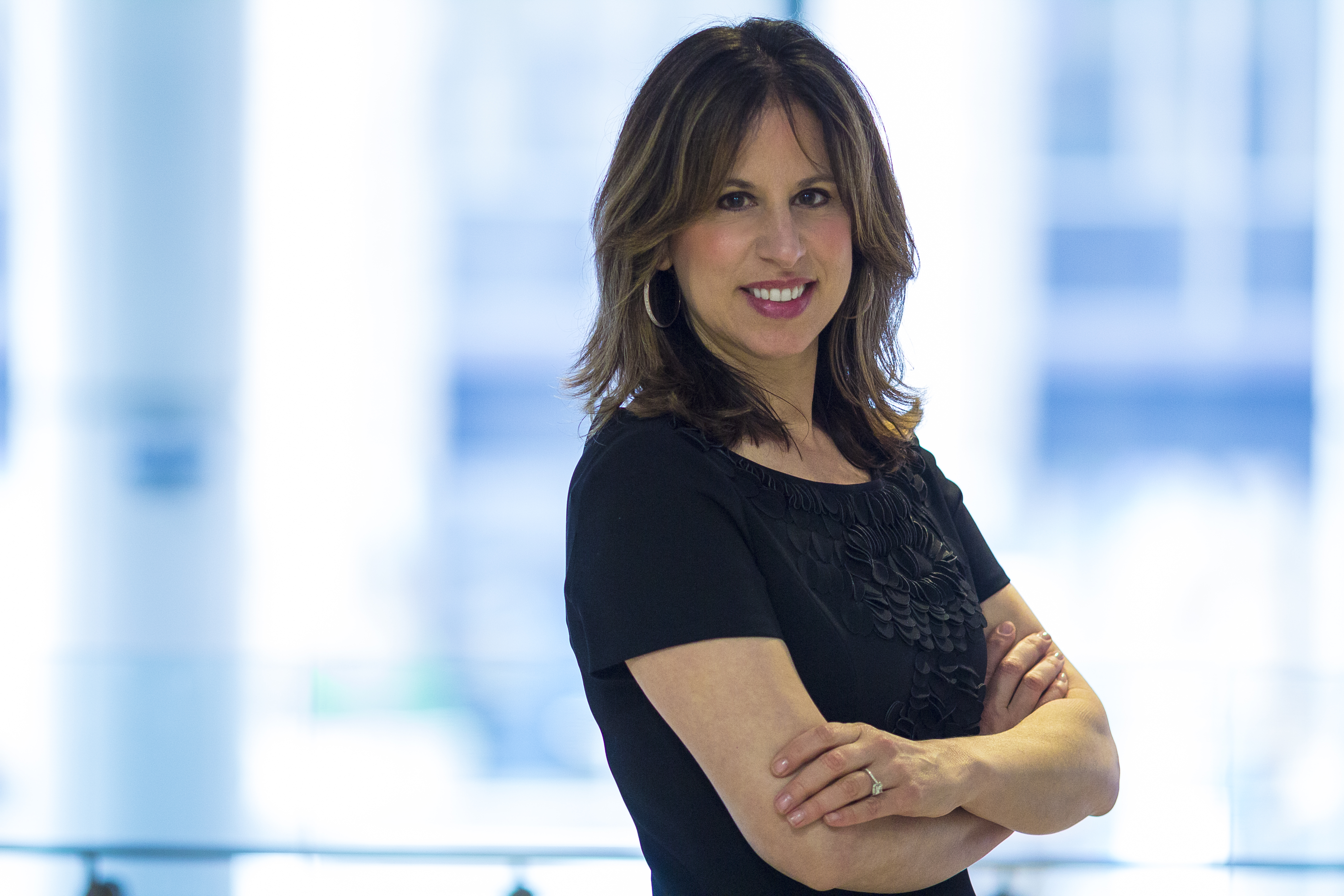

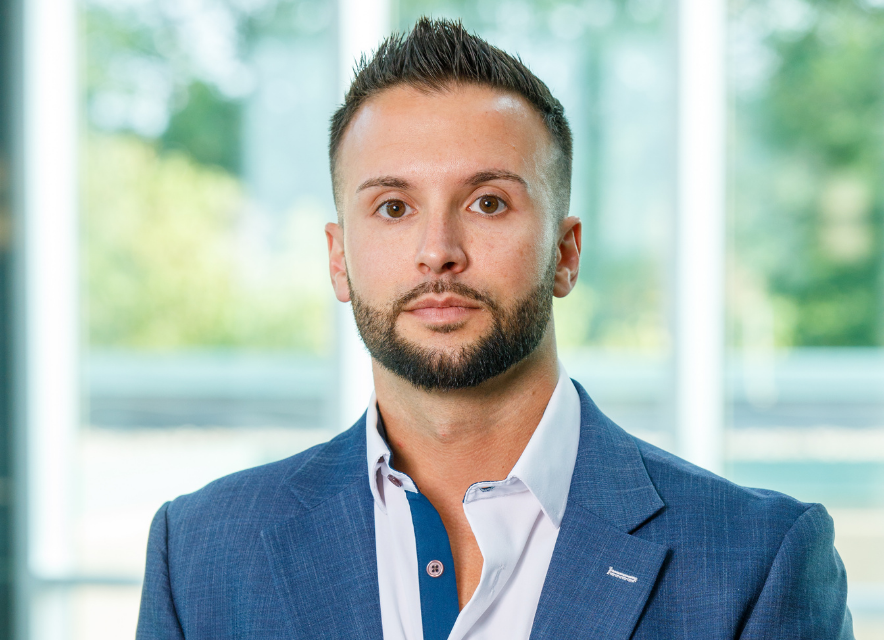
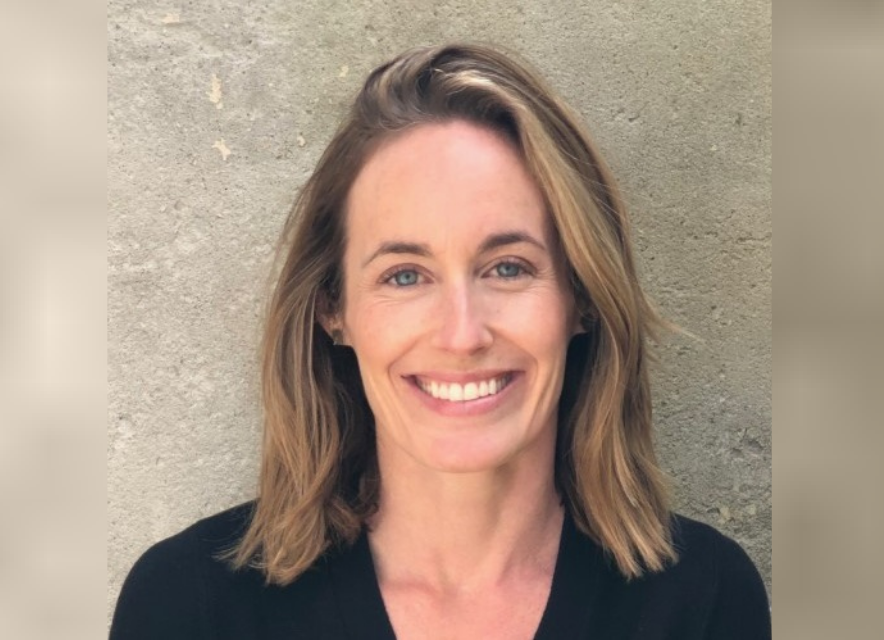
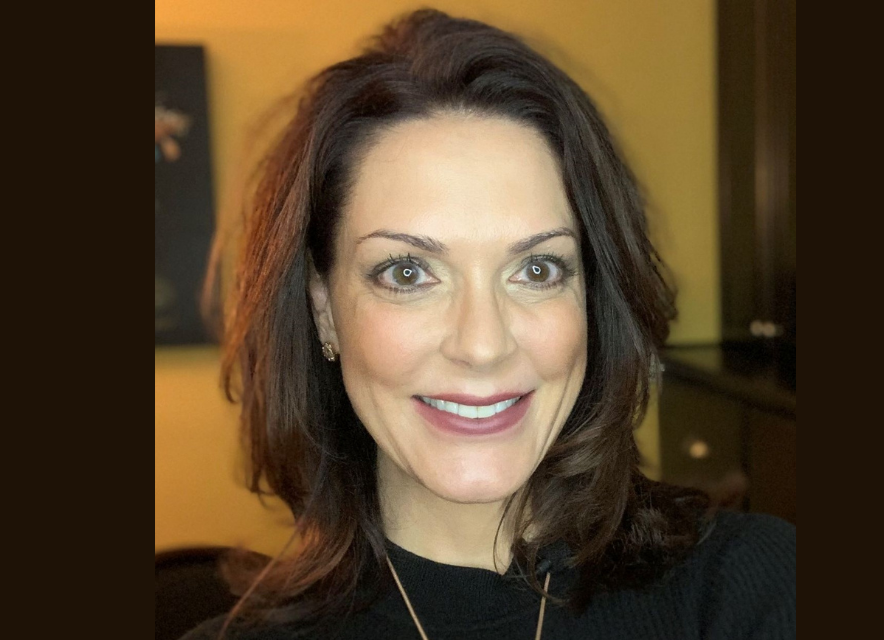
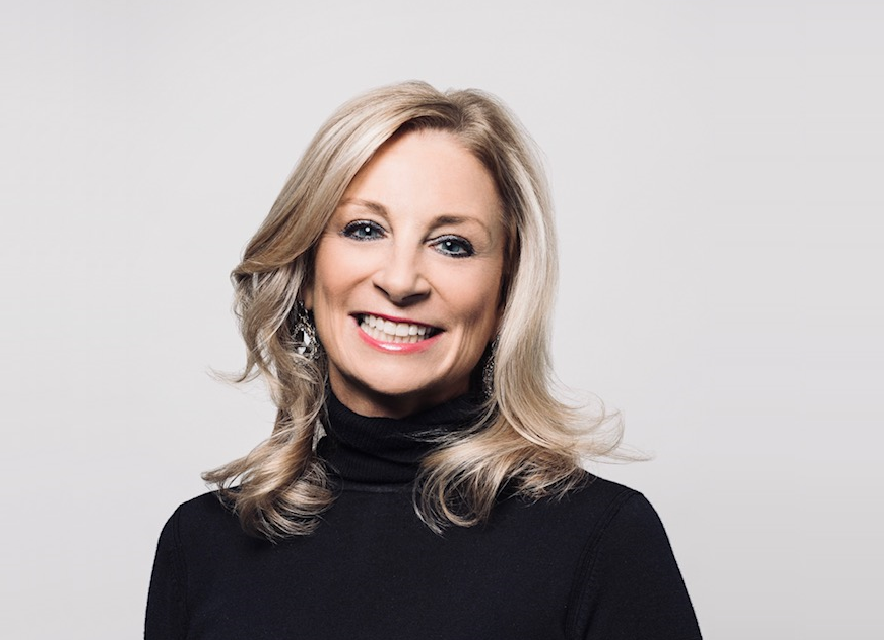
Leave A Comment